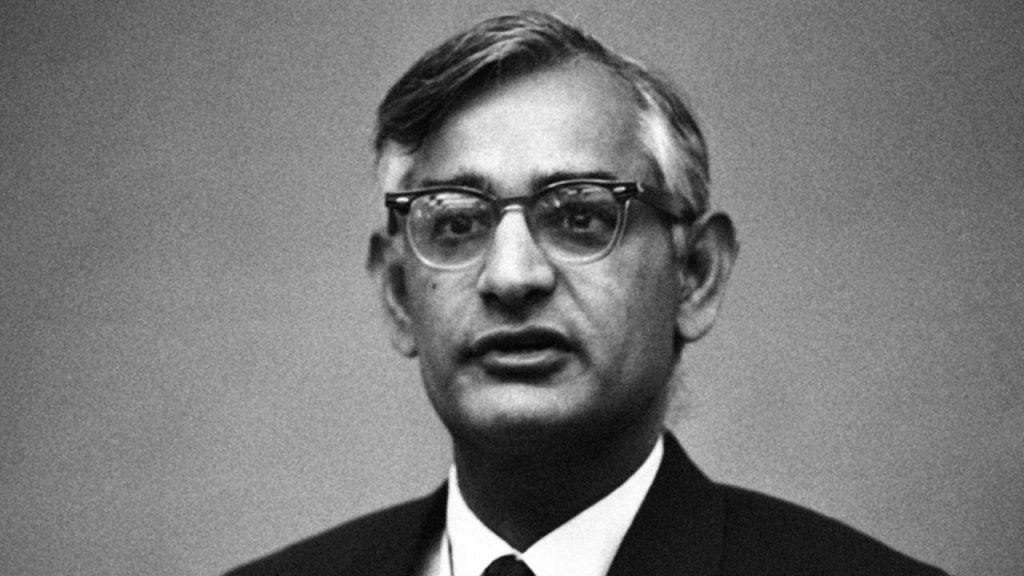The Nobel Prize is five separate prizes for as its definition goes, is awarded to “those who, during the preceding year, have conferred the greatest benefit to Mankind.
Attributed to Alfred Nobel, a Swedish chemist, engineer, and industrialist most famously known for the invention of dynamite, the Nobel Prize is one of the highest awards in the fields of physics, chemistry, medicine, literature, and peace.
The Indian Noble Laureate list includes names like Mother Teresa (Peace), Amartya Sen (Economics), Abhijit Banerjee (Economics), CV Raman (Physics), and Rabindranath Tagore (Literature) among others.
But did you know that out of 603 Nobel Prizes awarded to 962 winners in six categories, only one is of Punjabi origin? This is none other than Hargobind Khurana. Also, read Baba Banda Singh Bahadur
Born to Punjabi-Hindu parents in a village in Multan, British India, Hargobind Khurana is the only Punjabi to receive the Nobel Prize in history!
Har Gobind Khorana Life

Born in independent India to a Patwari father, Khurana was a researcher and also served in the faculties of three universities in North America. He became a native of the United States in 1966. He received several awards, including the National Medal of Science in 1987, the Louisa Grass Horwitz Prize from Columbia University, and the Lasker Foundation Award for Basic Medical Research, and the Golden Plate Award in 1969.
The American Academy of Achievement in 1971, the Willard Gibbs Medal of the Chicago Section of the American Chemical Society in 1974, the Gardner Foundation’s Annual Award in 1980, and the Paul Kaiser International Award of Merit in Retinal Research in 1987.
Khurana was elected a foreign member of the Royal Society (ForMemRS) in 1978. In 2007, Khurana was jointly created by the University of Wisconsin-Madison, Government of India (DBT Department of Biotechnology), and the Indo-US Science and Technology Forum. Program.
In 2009, Khurana hosted the Khurana program and was honored at the 33rd Steinbock Symposium in Madison, Wisconsin. Not only that, a special Google Doodle has been created to celebrate their achievements.
Returning to the honors, Khurana won the 1968 Nobel Prize in Physiology or Medicine for his research that explored how it works in breaking the genetic code and in protein synthesis.
He was promoted to the rank of Marshal. Nirenberg and Robert W. Holly, who was his co-scientist. Khurana died tragically in 2011 at the age of 89.



